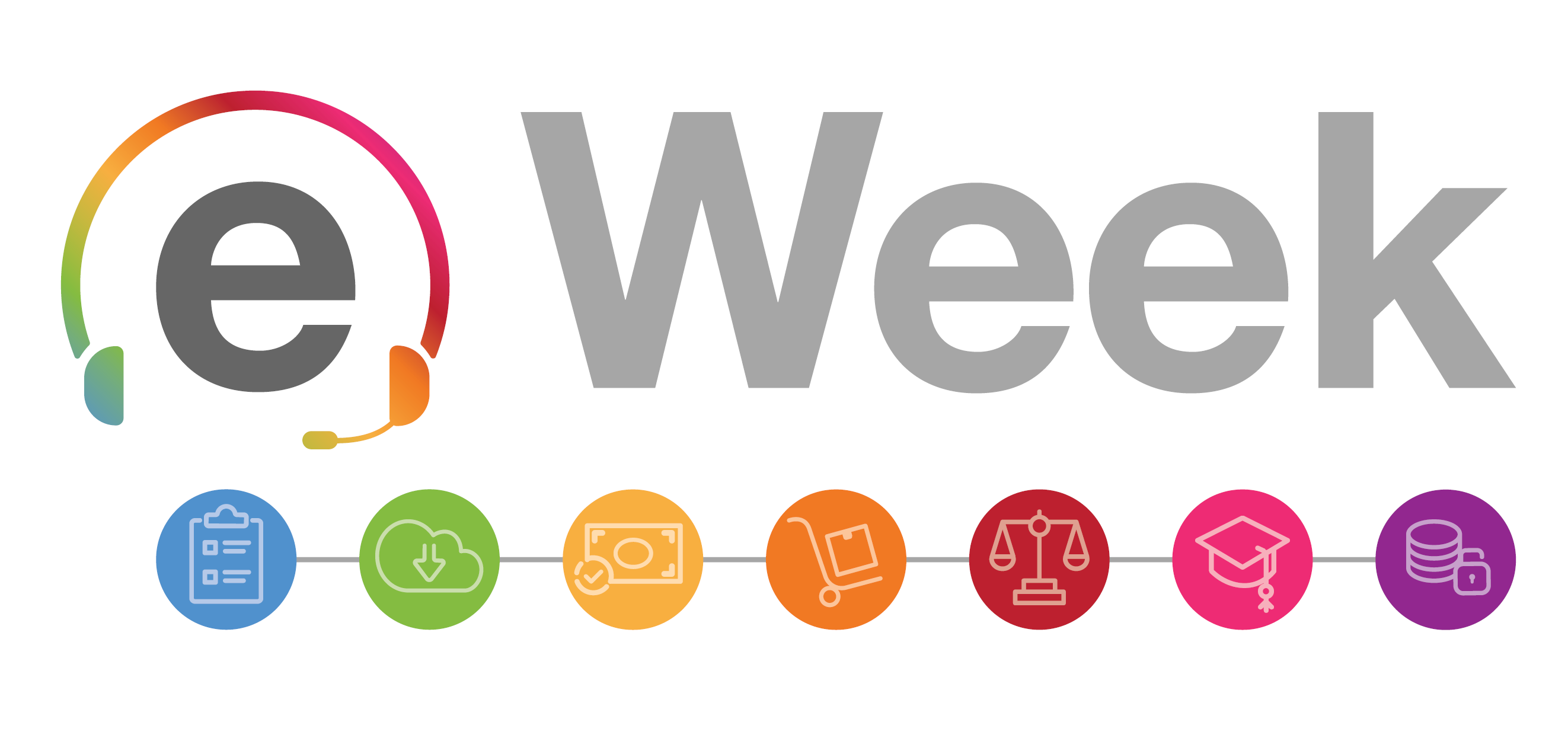Who owns our data? What is the role of intellectual property?
29 Apr 2020 15:00h - 16:30h
Event report
[Read more session reports and updates from the eWeek of Online Event: Dialogues, Webinars and Meeting]
This session, moderated by Mr Christoph Spennemann (Officer-in-Charge, Intellectual Property Unit, DIAE, UNCTAD), sought to address two questions. First, how to encourage the sharing of data from business-to-business and business-to-government to promote data pools and data mining, and the role of Intellectual Property (IP) regimes in promoting the sharing of data. Second, what is the role of international cooperation and what are the essential issues for policy elaboration? In general, the panellists agreed that the need for regulatory measures proposed to control the use of data depends on various factors, including parsing apart various types of data, as well as the topics of data ownership and data protection. The panellists discussed existing regulatory frameworks for data, such as the Database Directive on the legal protection of databases, the General Data Protection Regulation (GDPR), and the Trade-Related Aspects of Intellectual Property Rights (TRIPS) Agreement.
Ms Ariane de Croo (Darts-ip, Global Copyright Leader) said that her approach to discussing database issues is legal and technical. In general, she takes a critical stance towards the Database Directive. According to de Croo’s analysis, the main sources of legal disputes regarding data have been due to licensing and joint ownership issues. She noted that only a few countries outside of the EU have adopted the GDPR, and that there is doubt on the real benefits of the rights in their current form. Over the last ten years, litigation concerning data rights has slightly increased, with the majority of cases arising in Western Europe. She noted that the directives and practice do not give legal certainty for database regulation, and that there is no proven impact on the overall protection of databases in Europe.
Mr Carlos Correa (Executive-Director, South Centre) noted that there are different categories of data, and that in many cases, this data is generated by machines and not by humans directly. Pertaining to the question of who owns data, Correa introduced the analogy that while, ‘data is owned by the doctor, not by the patient … the patient has control over the use of the data’. While the collective entities which collect data may have the right to own this data, the individual has the reasonable right to be informed about the collection of this data. He noted that until there is clarification on the value of the data, the entities that collect it, and its use, the question of whether the data is subject to the legal framework is uncertain.
Ms Alica Daly (AI Division, WIPO) spoke on the question of data sharing, and the value of publicising data. She noted that data collectors need to know how it can be shared, how value can be added, and how it can improve competitiveness for the whole digital ecosystem. This is a larger issue of determining the balance of collection and disclosure for the public good. The issue of maintaining trade secrets is critical to this discussion as well, as this pertains to the issue of maintaining fair market competition.
Ms Anna Vuopala (Senior Ministerial Adviser, Ministry of Education and Culture, Finland) spoke on the operation of this topic on the EU level, as Finland is currently one of the presidents of the European Council until June 2020. She noted that the EU is combining a free flow of data approach, finding coherence among existing IP policies, and is discussing the ways to talk about, and understand these issues. She noted that the protection of data is not a first priority. There is hesitation about protecting data in general, given that protection is perhaps not the best answer to making good use of data, and that it might instead be better to open up companies to sharing their data, taking away the legislative barriers for doing so.
Ms Corinna Schulze (Director, EU Government Affairs, Deputy Head of EU Representation Office, SAP) took a critical approach to the topic of introducing legislation regarding data ownership, stating her concern that legislation might be used to create and maintain data ownership monopolies, and that companies in their current state do not feel unprotected by the current framework for protection. In reference to the GDPR, she noted that data is collected for a particular purpose, and cannot be used for any other purpose, and that the GDPR is equipped with a strong enforcement mechanism and high fines.
Prof. Chandni Raina (Professor, Centre for WTO Studies, India) addressed the questions regarding how IP can facilitate data sharing in the context of the TRIPS agreement. She noted that it provides the space necessary for addressing the questions of data sharing, and that big data is difficult to protect, given that it is diverse, unstructured, and mechanical. She noted that there is no need for an extra IP regime, given that protecting data with copyrights may stifle growth.
By Diana Gavrykh
Related event

eWeek of Online Events: Dialogues, Webinars and Meetings
27 Apr 2020 17:59h - 1 May 2020 17:59h
Online
